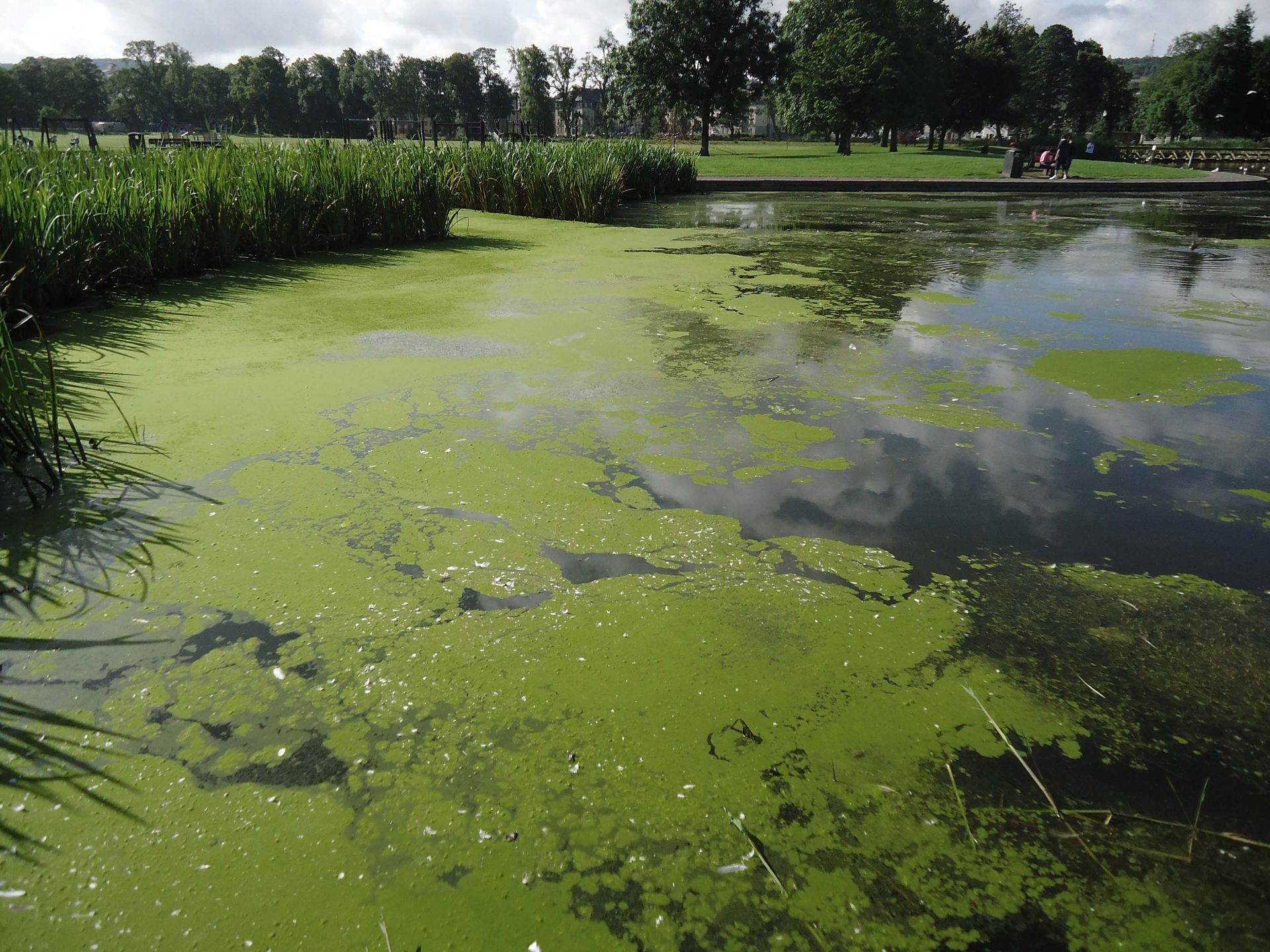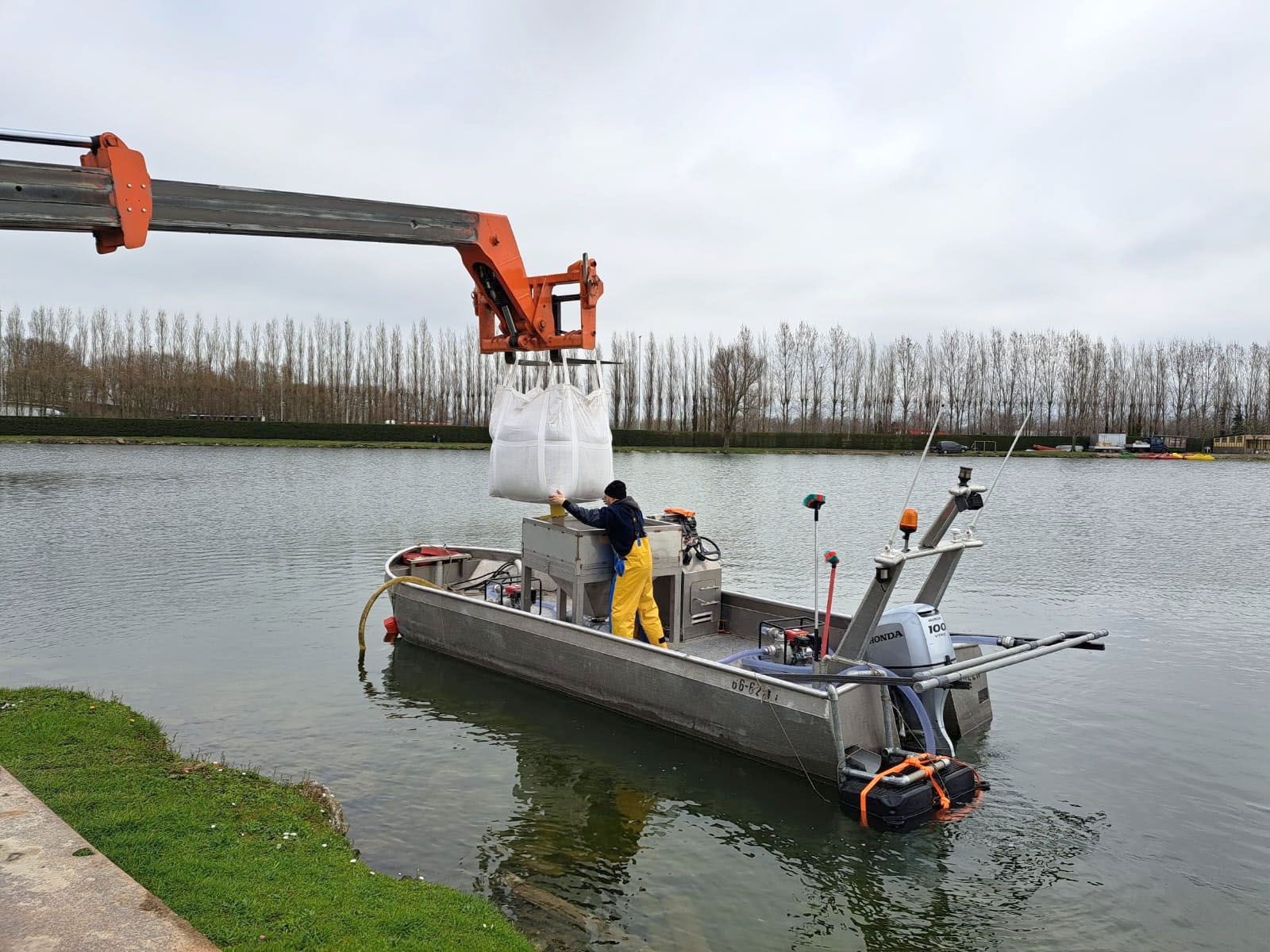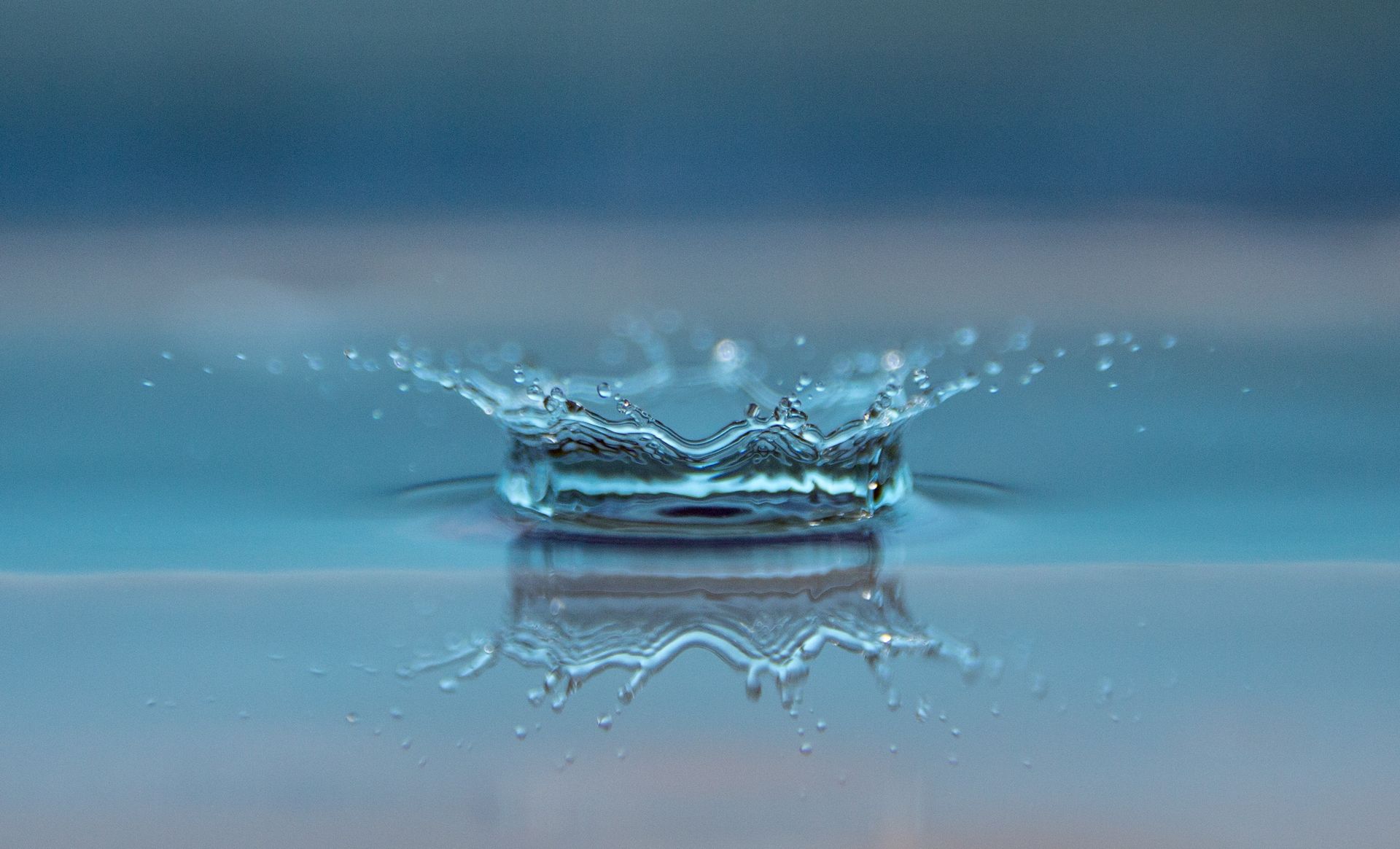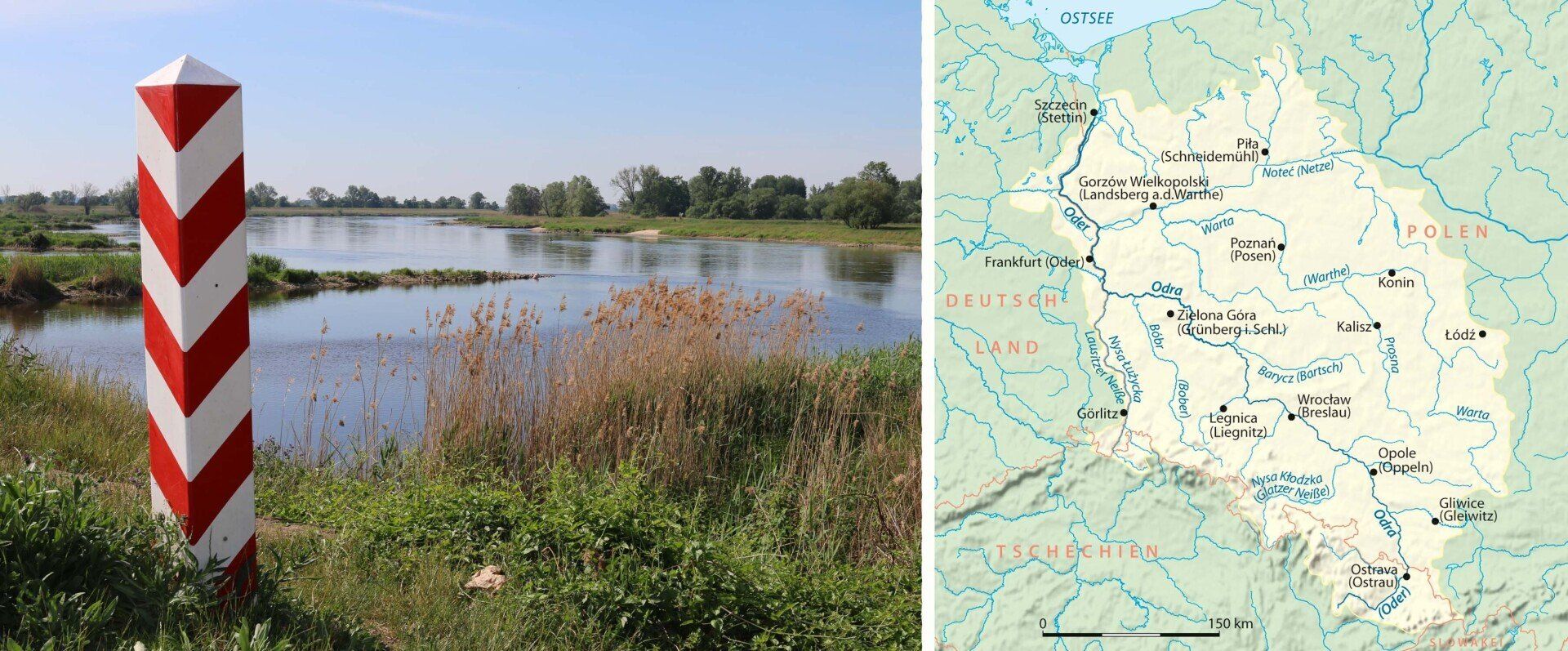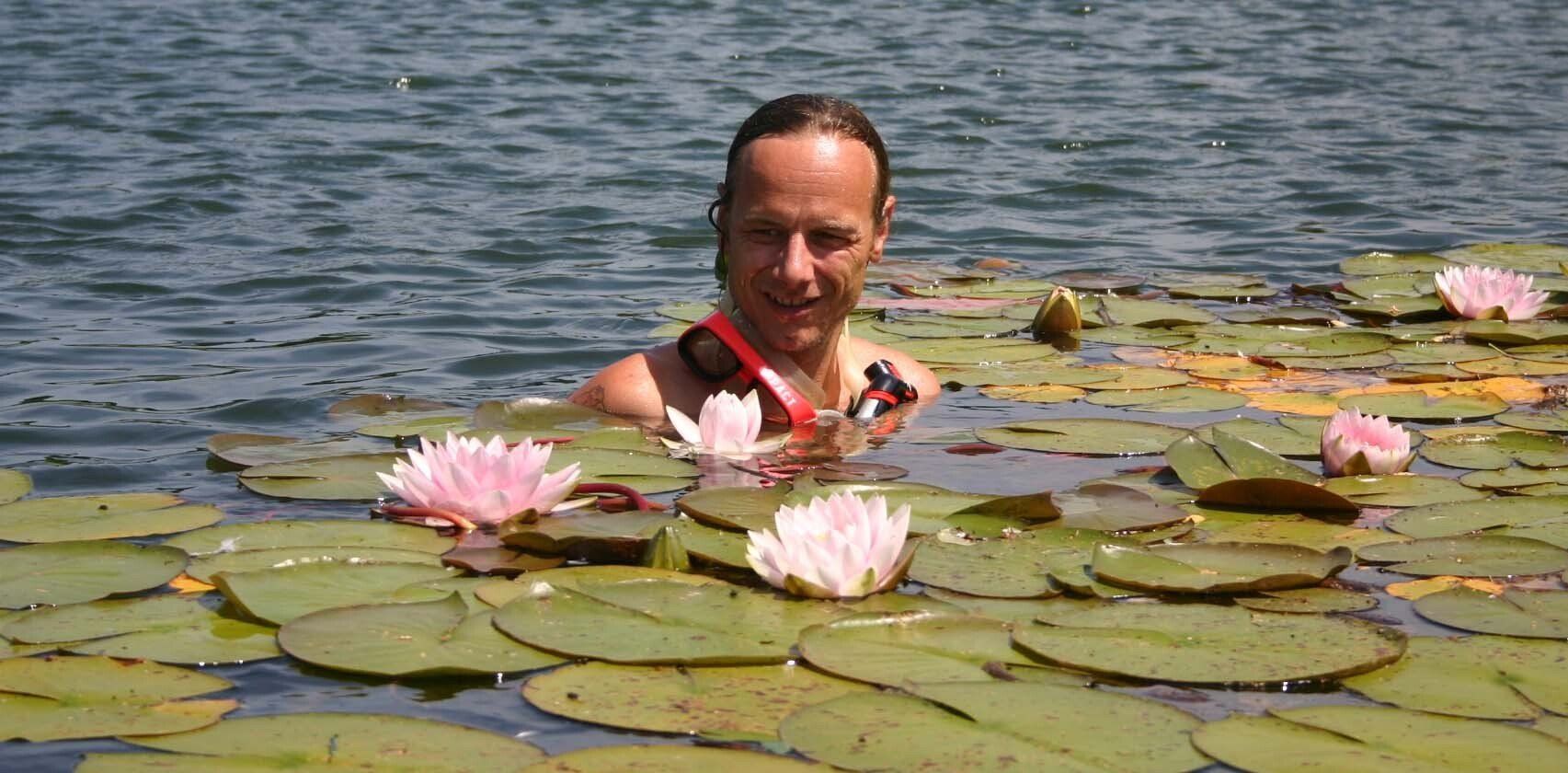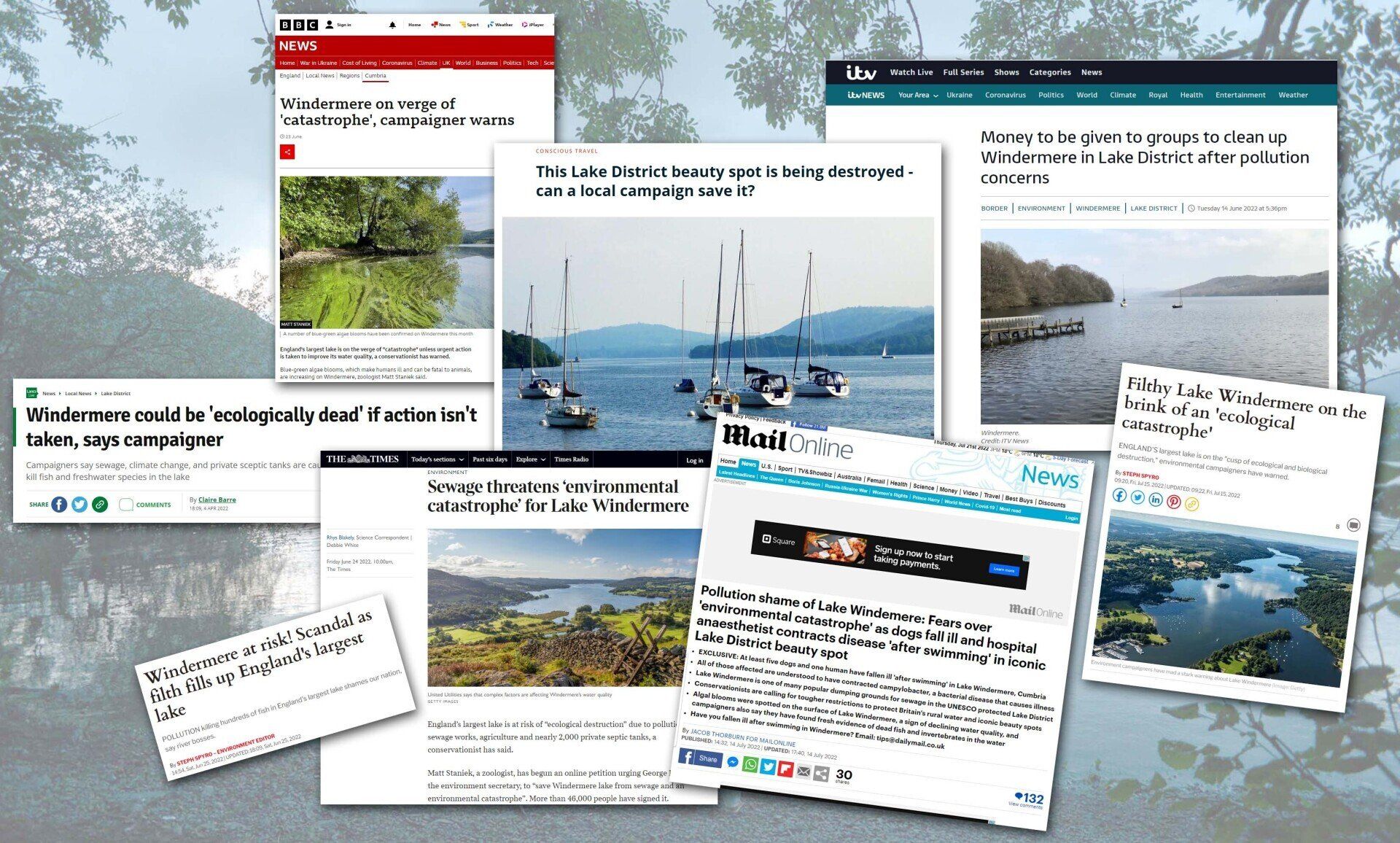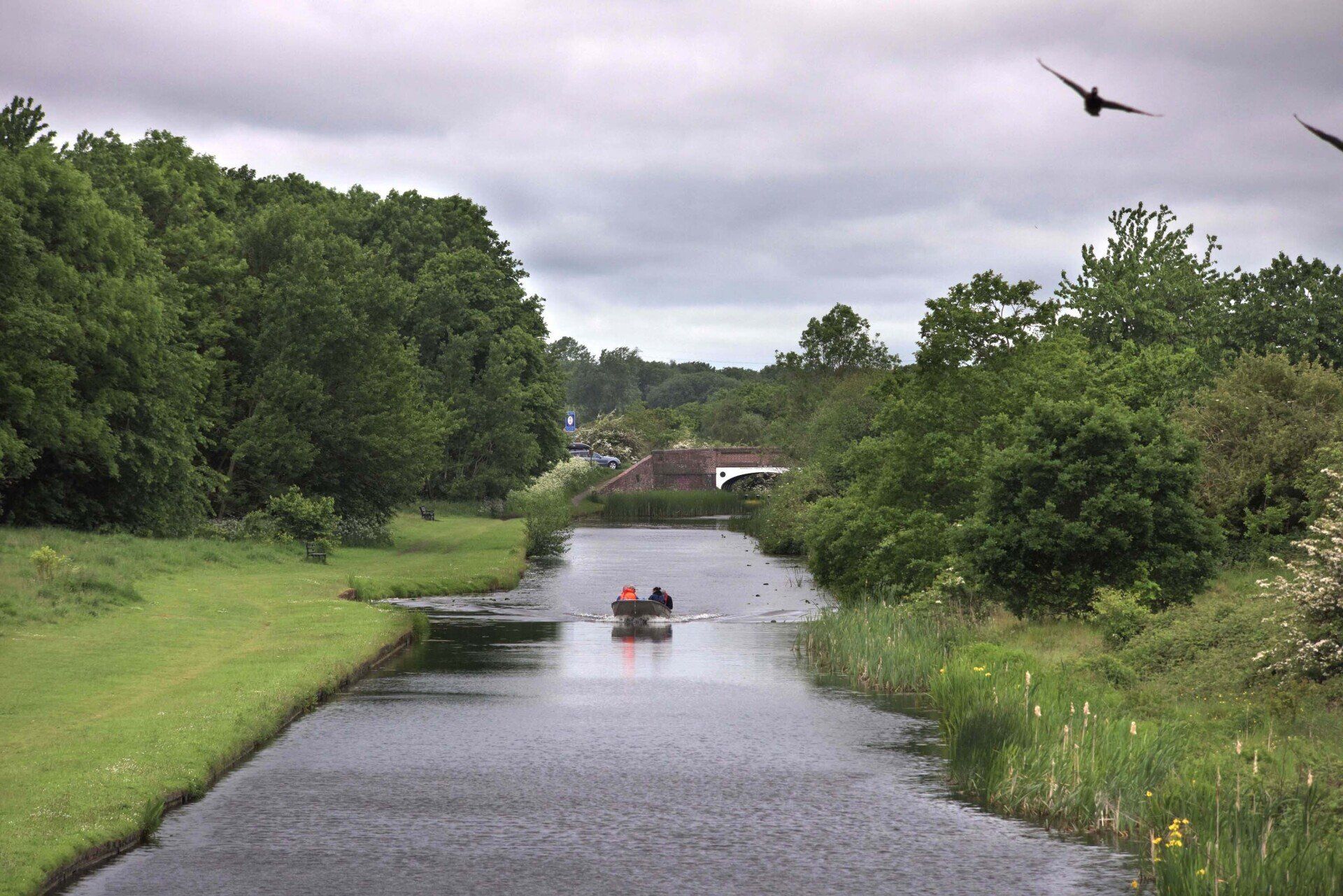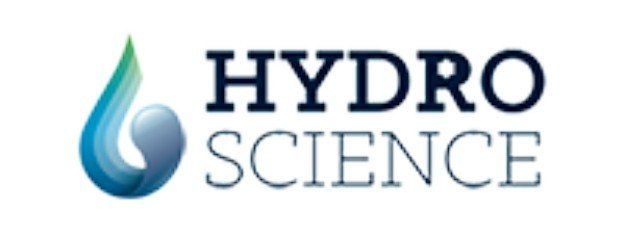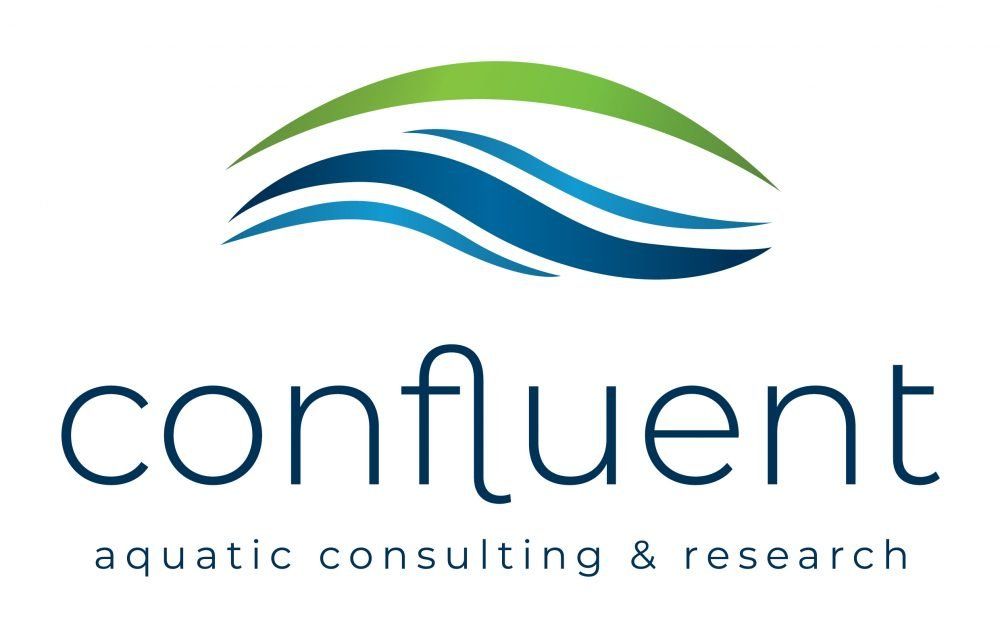LSI News
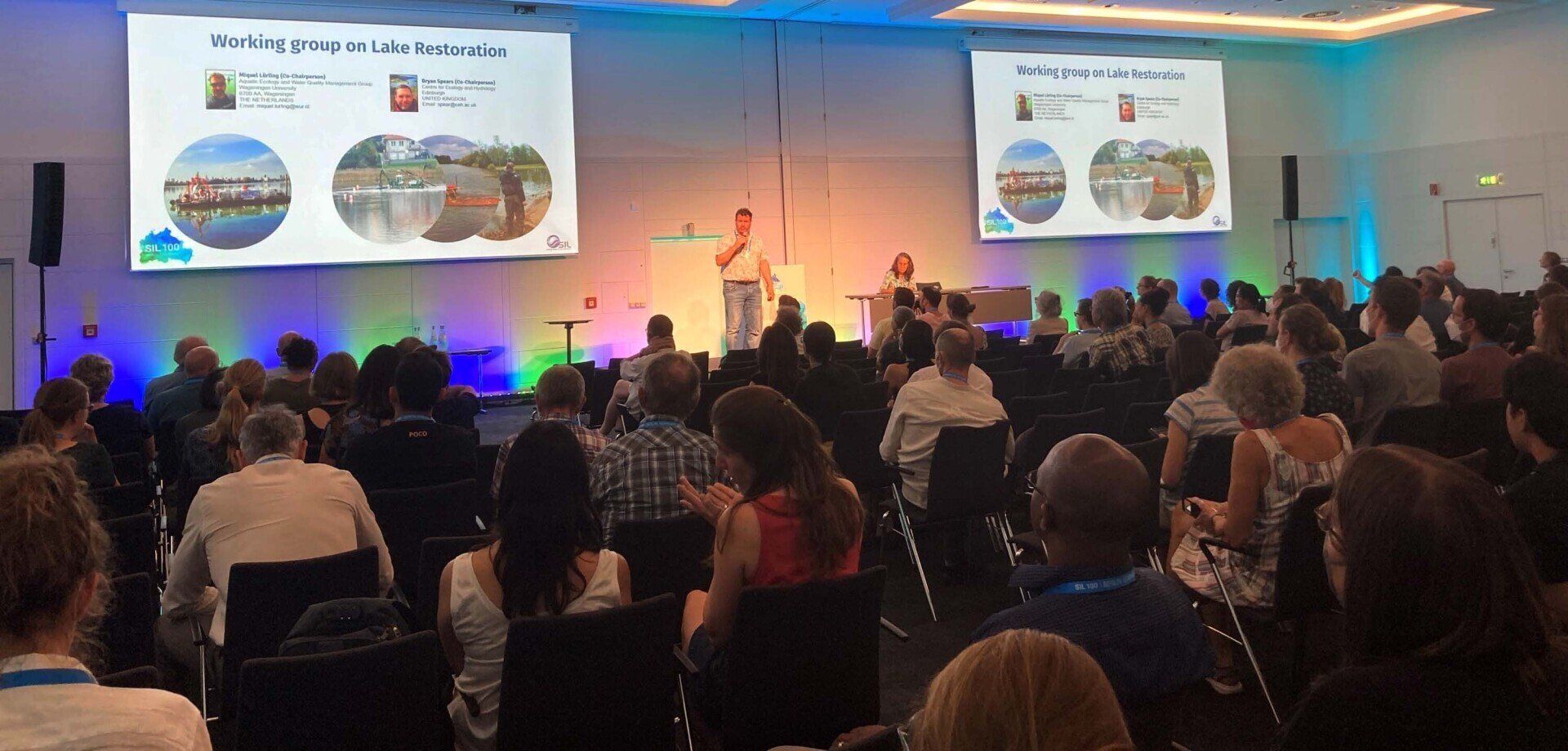
by Paul Knights
•
22 August 2022
Dr Maíra Mucci, a scientific advisor to LSI and researcher at Wageningen University, recently attended “SIL 2022” – the International Society of Limnology’s conference in Berlin, Germany. In this article, Maira provides us with a short summary of some of the take home messages from this year’s conference. “This year SIL is celebrating its first 100 years as a society and the theme of this year’s conference was “The next 100 years – Sensing & Safeguarding Inland Waters”. The conference included a number of excellent plenary sessions which highlighted both the challenges being presented to water body managers by climate change and the ongoing debate among scientists in relation to the need to control N vs P when tackling eutrophication. A consensus appears to be emerging among scientists that controlling external inputs of both N and P is critical, while the control of P is more feasible when considering in-lake measures. The conference also highlighted the important role being played by the World Water Quality Alliance in tackling the global water crisis (click here for more info). This Alliance, which operates under the flag of the United Nations Environment Program and consists of a range of universities and research organizations, is a strong advocate of the central role of freshwater quality in achieving prosperity and sustainability. A meeting of the SIL Working Group on Lake Restoration was also convened during the conference. This Group is also affiliated to the UNEP World Water Quality Alliance and is currently undertaking a global survey on lake restoration. The aim of the survey is to create a database of lake restoration projects and identify the causes for both the failures and the successes. The survey has been translated into five language and can be accessed here . Please feel free to fill it in and share with colleagues. Other important topics of the conference included the importance of open access articles and the need to make data publically available wherever possible. The gender gap in limnology was also discussed by the Gender and Science SIL Group . The conference brought together many scientists and researchers, however unfortunately not many water authorities participated, whose presence would have without doubt greatly enriched the discussion. Nonetheless, ‘SIL 2022’ provided attendees with many insights about the great challenges that lay ahead. Hopefully, we will have answers to at least some of those challenges by the time of the next conference which will be held in 2024 in Brazil.
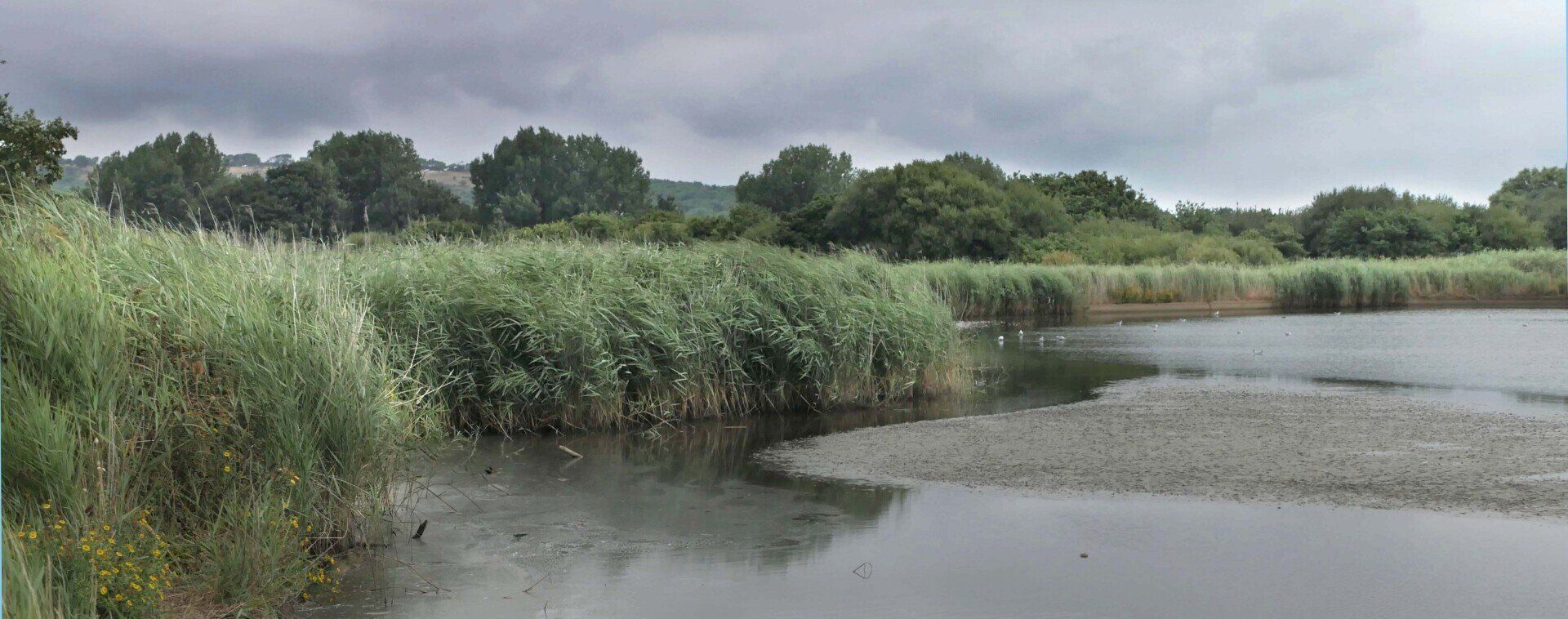
by Paul Knights
•
16 August 2022
Of the various tools available to limit the reduction of excess nutrient loads into fresh waterbodies, the carefully managed strategy of planting reeds, trees and suitable undergrowth at key points of inflow to absorb excess nutrients is one that lake managers and water authorities need to consider. The Dümmer See in Lower Saxony, Germany has suffered high nutrient loads for decades with a number of different strategies tried with varying degrees of success, including the diverting of the ‘Bornbach’ around the lake in the 1990s. Whilst the idea of creating a ‘reed polder’ was considered over 30 years ago as a way of reducing nutrient inputs, only recently has it been given the green light with funding allocated for the establishment of up to around 200 hectares of wetland. Read more… https://www.nlwkn.niedersachsen.de/jb2021/duemmersanierung/dummer-gute-wachter-soll-zu-gutem-zustand-verhelfen-201163.html Meanwhile in the UK, BBC News picked up on a new strategy implemented by Somerset West & Taunton Council to “…offset phosphate surpluses at development projects…” near Wellington in Somerset - the strategy will require developers to purchase ‘phosphate credits’ which would be used to fund the creation of wetlands ( similar to that being established at the ‘Dümmer See’, mentioned above ), to counter the likely increase in phosphorous levels when land is developed. At current levels these credits are likely to be in the region of at least £5,500 per new home. Read more in these two related articles... Plans for Somerset wetlands to mitigate phosphate levels - BBC News Somerset to build hundreds of homes under phosphate plan - BBC News
OUR PARTNERS
© 2025
Limnological Solutions International Pty Ltd
REGISTERED ADDRESS
(Limnological Solutions International Pty Ltd)
Level 6, 57 The Esplanade, Cotton Tree,
QLD 4558, Australia
REGISTERED ADDRESS
(LSI Europe B.V.)
Lodelaan 5A, 3527 KA, Utrecht, Netherlands
Privacy & Cookie Policy
Admin login
Designed & hosted with ![]() by Moose Digital Media Ltd
by Moose Digital Media Ltd






